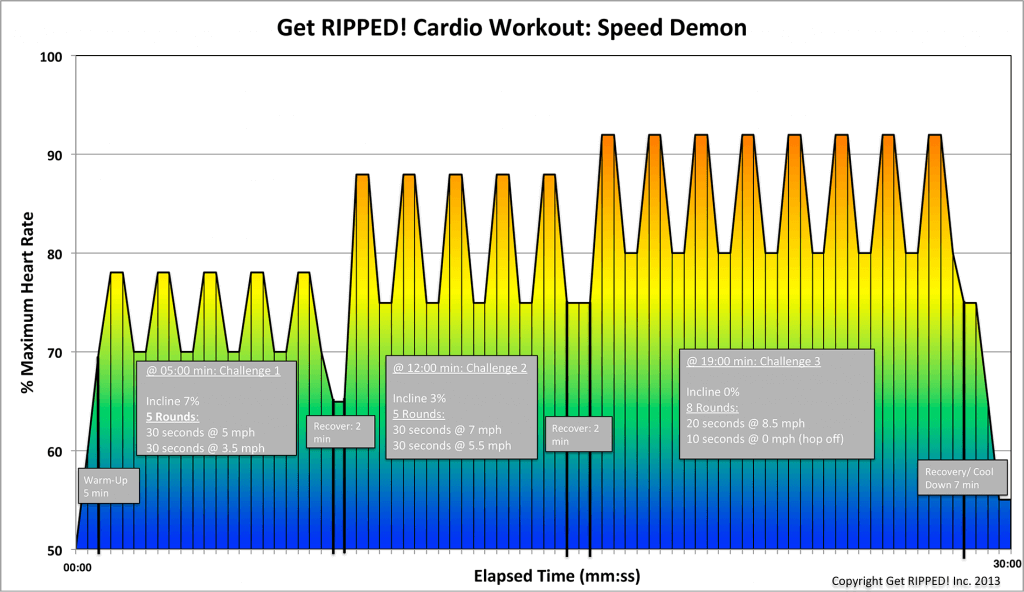Blog, Fitness Tips, Nutrition
A Guide For Buying Fitness Trackers
Like everything in the world of technology, fitness trackers have evolved. What was once a fancy pedometer now tracks a multitude of functions. You can buy trackers that simply track your steps and ones that record heart rate, sleep patterns, and calories burned. A smartwatch isn’t a fitness tracker, but I’ve included them since they perform similar functions and may be better for your needs.
Before you identify the best fitness tracker for you, knowing your goal is imperative.
Are you trying to lose weight and want one that tracks calories burned? Are you just getting back into exercise and want a way to track your activity? Knowing your goal will narrow your selection and make it easier to find the perfect tracker. You can monitor a host of things from your heart rate to your movements and the information is sent and stored in an app for a smartphone or computer. If you’re trying to find your ideal heart rate to burn the most calories, a blood oxygen tracker, or features that address sleep issues, you’ll have to find a tracker with more sensors.
Find a fitness tracker you’ll wear.
If you don’t wear a fitness tracker because it looks “clunky” you won’t get the benefits it offers. Look for a style you like and one that displays the information easily when you’re exercising. Accuracy counts, especially for heart rate. If you’re using a tracker to increase your exercise and it’s wrong but consistently wrong, you’ll still be able to track whether your activity is increasing, so it won’t matter as much. Other considerations are battery life. Water resistance may also be important if you’re exercising in the pool.
Do you want a tracker that does even more?
Sleep is vital to your health, so getting a good night’s sleep is important. It’s not all about the hours of sleep, but also about the quality of sleep. Some trackers offer apps that give stats about your sleep, like how long it took to fall asleep and how much time spent in each stage of sleep. Other features you can find on fitness trackers are for stress tracking and electrocardiogram monitoring. If you don’t need those features, why pay extra?
- Letting your goal be your guide is the best way to identify the fitness tracker that’s best for you. If you want a barebones tracker, don’t spend extra to get one with all the extra functions that can burn battery life quickly.
- Some fitness trackers have apps that connect you to others. This type of app is great if you want a workout buddy. You don’t have to live close to each other to get the boost from the comradery.
- For any workout program, use a fitness tracker that stores information. You can compare calories burned for each exercise and have a visual chart. Get a tracker that syncs to an app.
- Your workout program can determine the best fitness tracker for your needs. Go plain Jane if you’re tracking steps and high-end if you want a waterproof version for tracking laps in the pool.
For more information, contact us today at Get RIPPED! by Jari Love

